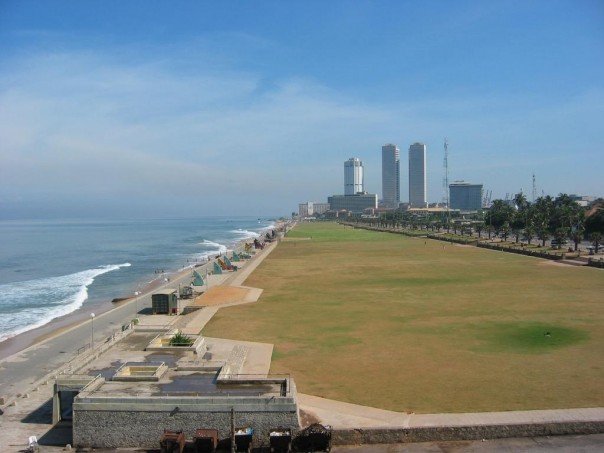
By Salma Yusuf
Having been invited to speak at the launch event of the United Nations’ National Human Development Report 2014 on Sri Lanka, I picked up on three key issues in the chapter on reconciliation and social integration to which I would like to react.
The report describes how when youth were asked about the most divisive factors in Sri Lankan society the majority of respondents in the National Youth Survey 2013 chose ethnicity as the major one.
That said, the report also reveals how the divisive factors are inter-linked and not limited to ethnicity and religion only. This is an important finding because this inter-linking of factors is often missed in a quest for solutions. In the survey, youth highlighted structural divisions around class, caste and power relations as divisive too. The ways these elements combine to shape a person’s social position then is equally important as it is what youth believe to cause greatest discontent.
Hence what I would like to say here is that it is misleading to frame the discourse on marginalization and social disintegration in terms of the commonly stated dynamic of the majority discriminating against the minority communities. In other words, a minority member could potentially be socially well placed to reap better opportunities and quality of life than his counterpart in the majority community if the combination of class, caste and affiliations are higher. The reverse is also true. The lesson as I see it therefore is to carefully consider the combination of factors of which ethnicity is only one.
In this regard, my reaction would be to suggest that the model we aspire to not be solely an equal society but also an equitable society where justice and fairness is not only implemented to the letter but in spirit too.
The second aspect I like to draw on is issue of language. With the issue of language again as the report points out, Sri Lankan youth continue to primary feel comfortable only in their mother tongue.
Therefore, the link between language competencies and interaction between ethnic groups was evident in this survey. The good news is that 72 percent of respondents in the National Youth Survey 2013 said that there was now more interaction among ethnic groups than previously.
For reconciliation, however, the report rightly highlights that sustained exchanges are necessary. I would like to add here that while sustained interaction is valuable it must be coupled with structured interaction. It is only through sustained and structured interaction that we can eventually arrive at an improved understanding of the other, an acknowledgement of grievances on both sides and an eventual empathy which is the ultimate bedrock for amity and harmony.
If this can be achieved, it can be a potential breakthrough in inter-ethnic and inter-communal relations as it will lead to a national conversation on the need to restore dignity in the larger endeavour of sustainable peace.
The third aspect which struck me was that the report describes how the focus on women has been as victims of war but now there is an emergent realization that women have a role to play in peace efforts too. There is momentum of women campaigning for peace in Sri Lanka.
However, the greatest challenge for women has been to grapple with their cultural and traditional roles and norms in society when moving towards new social roles. The report aptly terms this new phenomenon as “new conservatism” which reinforces that women should be confined to their traditional roles.
In this regard, I would like to take the analysis one step further and propose a dialogue that would begin to see how the cultural and traditional roles can be harnessed towards greater social contributions and roles of women. The objective should be to find a way to make the two imperatives mutually reinforcing rather than a choice of one over the other. This will undoubtedly help women to be at the vanguard of efforts in social integration and reconciliation.
To wrap up, I would like to leave you, the reader, with two thoughts for reflection: how can we find the best path to respect and understand each other’s differences without making these very differences themselves a source of division? Once we crack this dilemma that is inherent in the larger ideal of multiculturalism, I believe that the breakthrough will shine on us.
Finally and perhaps the most compelling case for calling for a role for youth in social integration and reconciliation is because the endurance and sustainability of the initiatives depends on whether the next generations accept or reject it.




